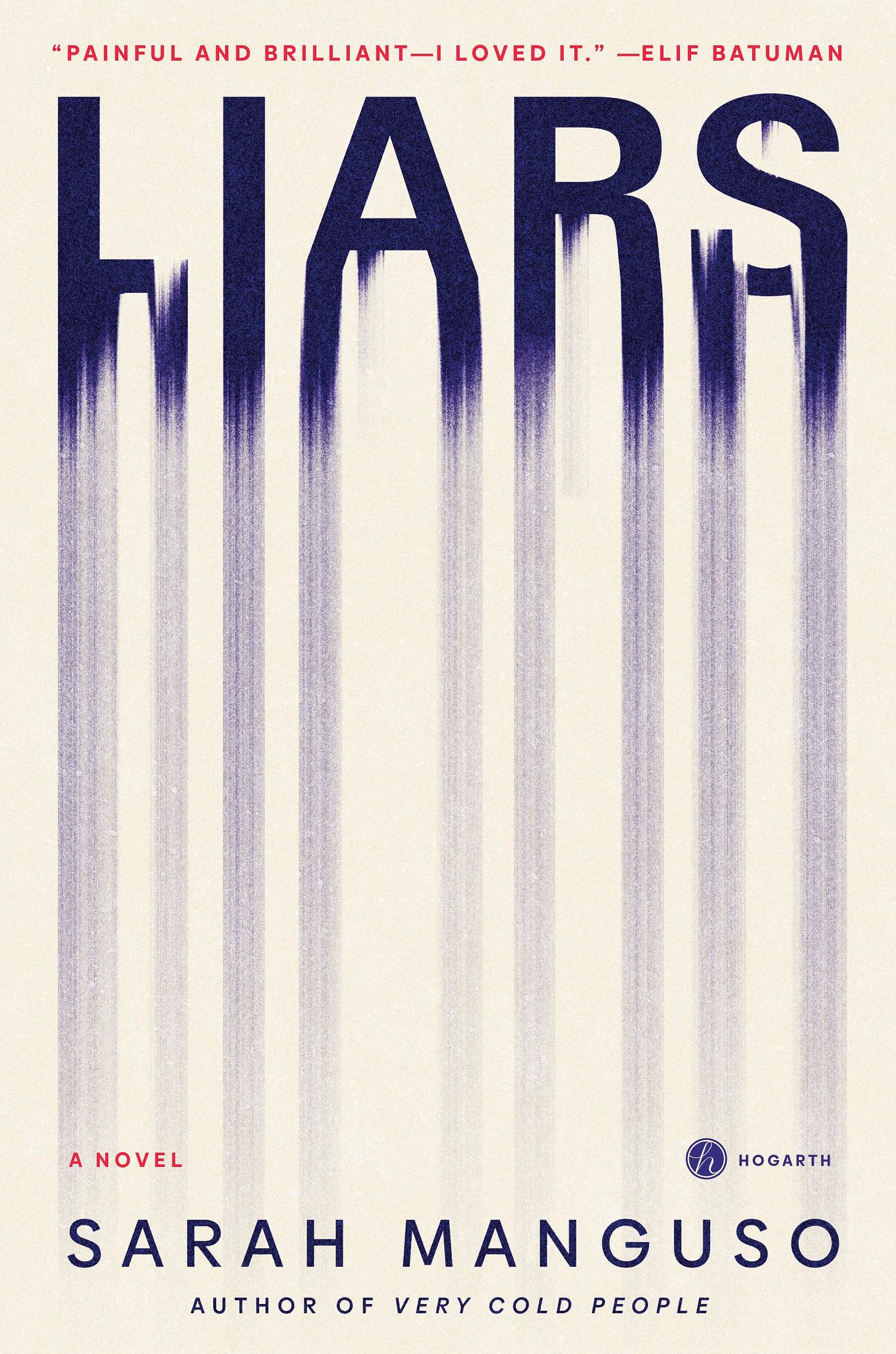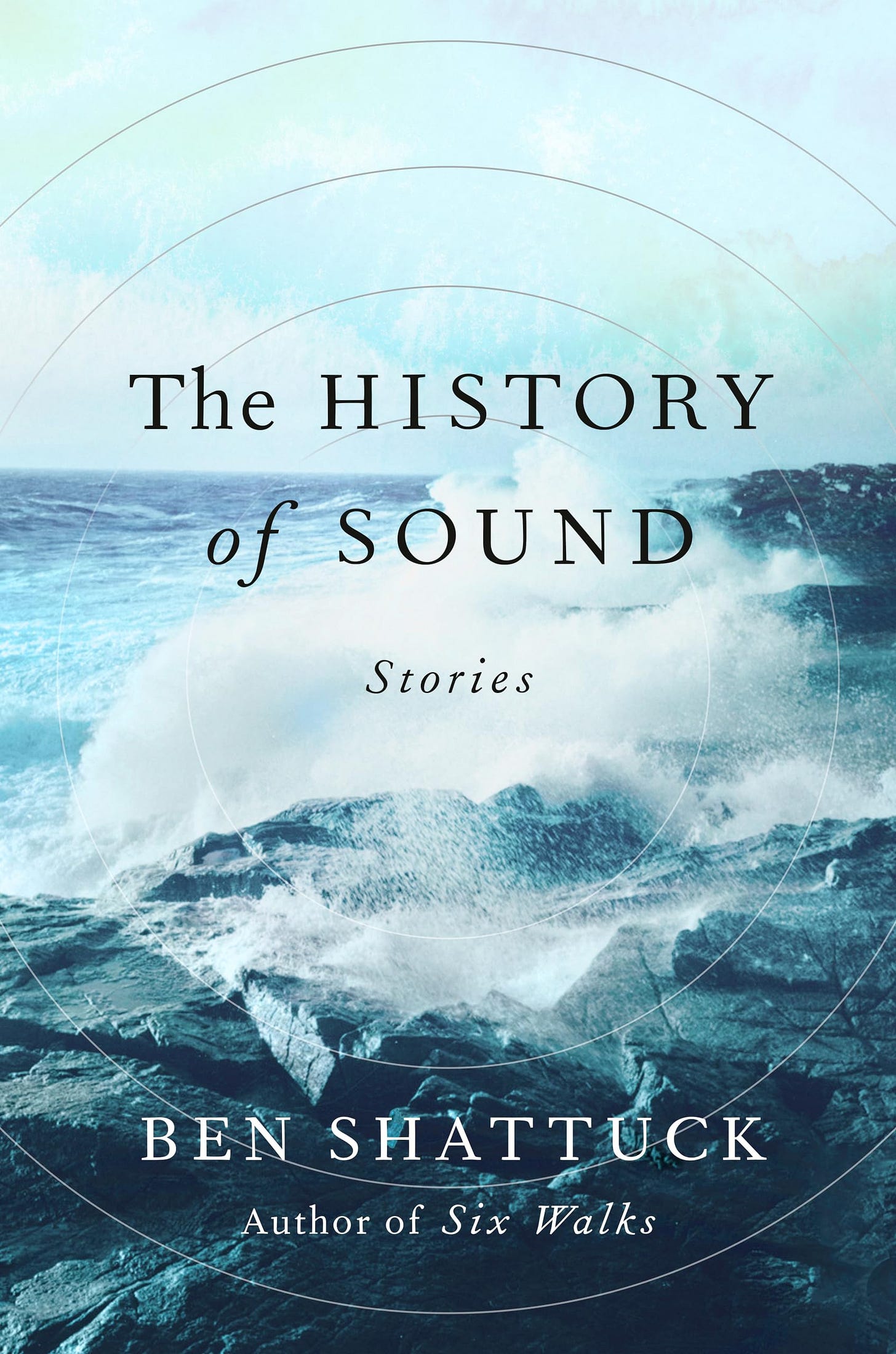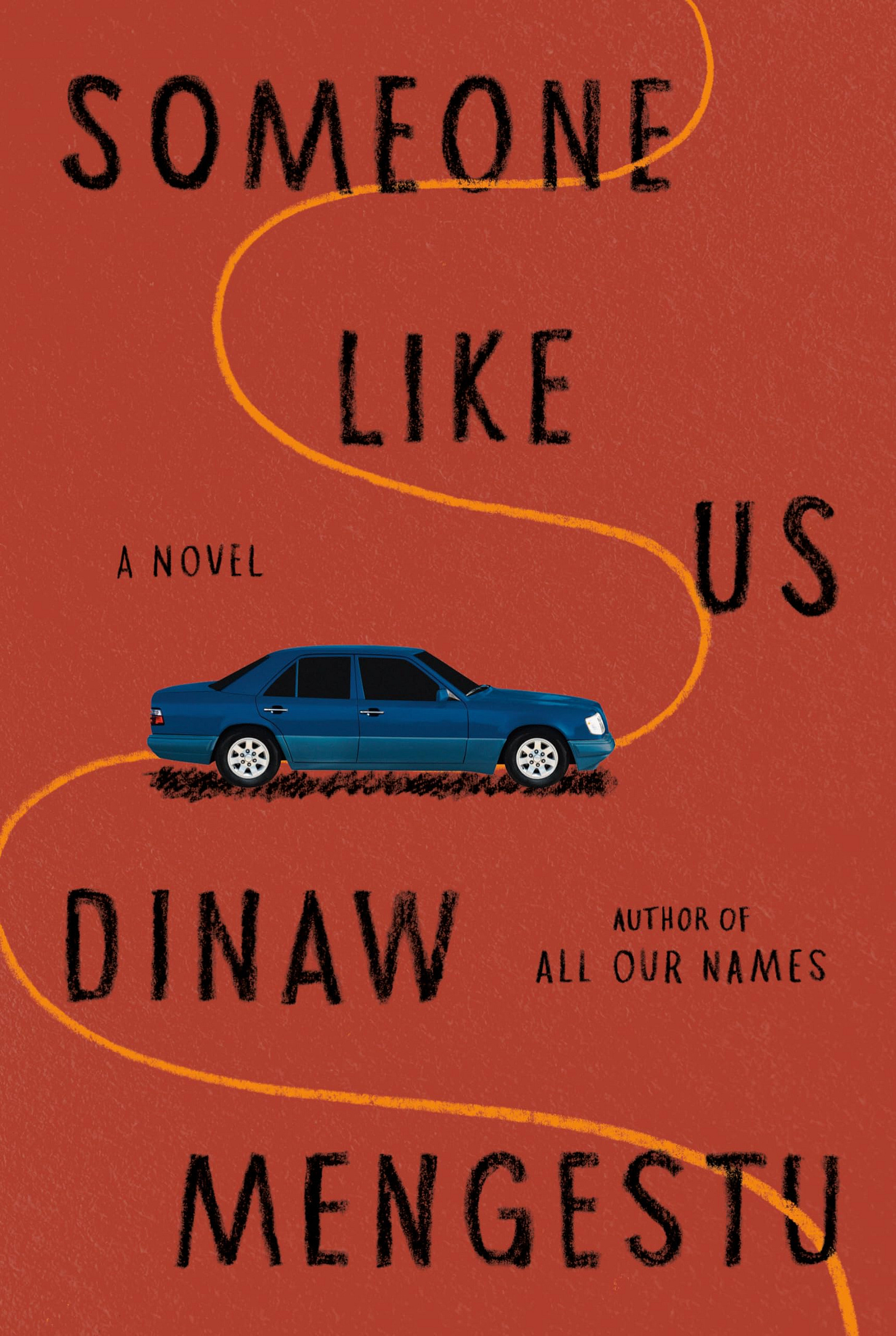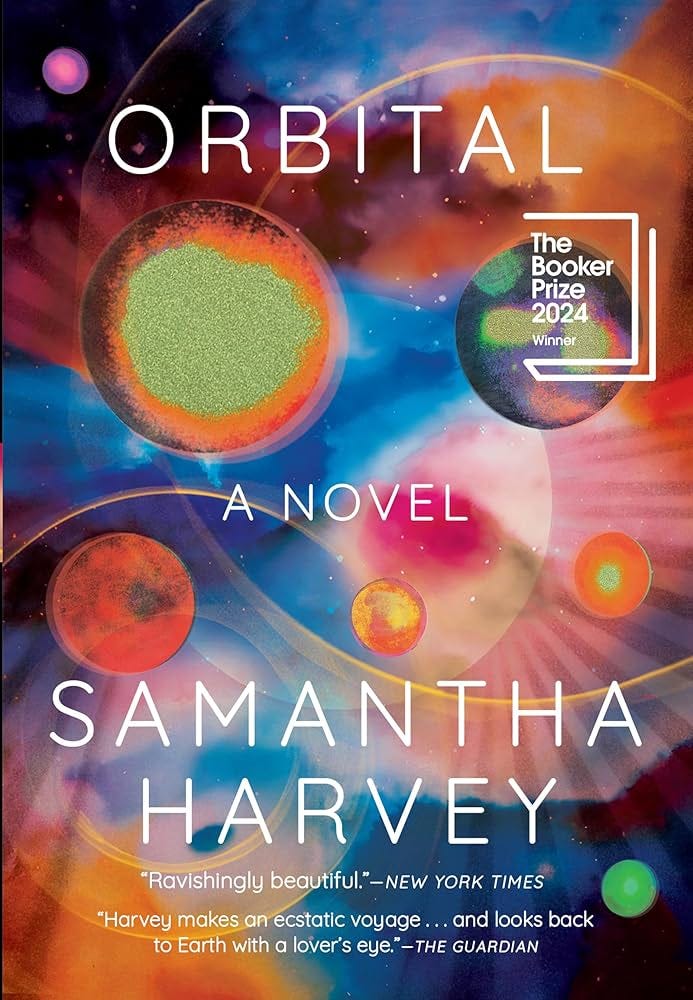Lists of Antici.....
...pation.
New year, same me. I’ve started the year generally trying to avoid all news, reestablish good exercise habits (find me with the same name on Peloton - I never gave up!), and inadvertently front-loading my reading numbers by getting through a bunch of the Tournament of Books selections from their best list in years. The Philadelphia Free Library has been a big help, so shout out to them and keep up the good work. (I’m sure if you’re reading this, you have a local library card. But if not, go get one. The numbers of engaged constituents really do help libraries!)
I’m also happy to share a couple of resolutions, partially to keep me honest and partially because I think it’s actually a nice tradition to share goals at the beginning of the year. Happy to hear about yours. Here are mine:
Learn to watch movies again. My attention span is shot. I'll watch 8 hours of bad tv while doing other things rather than investing time in cinema. So, this year, we will slowly try to train that attention span to enjoy movies once again. Probably letterboxd and the Criterion Channel will help? We’ll see!
Reevaluate relationship with social media. The re-emergence of BlueSky in my life made me realize I was genuinely hurt when twitter folks didn't follow me back. This is INSANE behavior for a middle aged man with a full life off the computer. So, I’ll be taking a breath and only doing what make me happy online.
Celebrate more creative and outdoor pursuits. I’ll try asking myself if the better option with my free time is something I can do that's creative (crochet, writing, etc) or can be done outdoors (walking, biking, running.) This includes seeing the people I love in real life more often, I hope.
I’ll let you know how it goes. In the meantime, Tournament of Books reading usually means more serious literary fiction, so here are a few that I’ve liked as of late.
THE LIBRARY IS OPEN
Liars
by Sara Manguso (2024)
I’ll be honest and say that I was not exactly looking forward to another book where a brilliant woman with an artistic vocation was lamenting an unfair, cruel relationship with her male partner, unable to pull his weight or match her creative wits. This one even spoke in the familiar Dept of Speculation cadence - short paragraphs with a large space between them so a full sigh could fit. It’s not that I believe that this literary genre couldn’t fill up entire book stores. As a gay man, a significant part of my social life has been watching countless straight woman friends often pair off with limited men, unworthy of their partner’s sparkle, wit or intelligence.
Jane meets a man and, maybe against her better judgment, falls in love. He’s just (maybe) left another woman that he calls unstable, but none of that matters to Jane because she’s fulfilling what she believes is a purpose. That is: to fall in love and marry, even with her own reservations about performing the duties of wife. While she worries that this might disrupt her own career as a writer, she’s inspired that her future husband will be an artist too. As we discover throughout the novel, this initial love, not to mention his tall, dark, and handsome profile, blinded her to his mediocrity as an artist, a lover and a person. There are increasingly more fights, cruel insults, violence, abdications of responsibility, and moves back and forth across the country in service of his flailing career. Our heroine somehow ends up being the one thing she always dreaded, a wife and mother serving the needs of others rather than her own professional and creative self.
This particular auto-fictional portrayal of the dissolution of a heterosexual marriage had something that others I’ve read were missing: rage. Since reading this book, I’ve read that the author began writing this book hours after her own partner left, presumably the culmination of years of a partnership that wasn’t clicking. So understandably, from the very first page we are off to the races with pure, grade A, unmitigated anger at a man. There was no room in those spaces between paragraphs for sighs because they were occupied by self-righteous wails of fury. This novel shows the flip side of romances, how heterosexual marriages can so often be crucibles of stealth, insidious pain and sadness. This book was often hard to look at but even harder to put down.
Read it if you like: one note but a good note, Jagged Little Pill, awful men, Marriage Story, burning it all to the ground.
The History of Sound
by Ben Shattuck (2024)
Well before the Tournament of Books picked this collection of short stories for their shortlist, I had already sought out the titular story for a very good reason. You see, the rights to it had been picked up for adaptation, and the fictional queer duo who connected over their appreciation of rural folk music were going to be played by two of the all stars from the team of famously straight in real life guys who are thrilled to kiss men on screen: Paul Mescal and Josh O’Connor. A reason to celebrate and a reason to prepare! I’m not really sure where all of these fey straight men with a hankering to play homosexuals came from, and while they leave me with complicated feelings about who gets to play whom, I will happily watch them to do their thing.
That said, the aforementioned titular story is the best one in this collection. It’s a banger. We’re talking wistful and a lovely portrayal of queerness way back in a time when it wasn’t supposed to exist (pre WWI). Like many of the stories in this collection, it’s paired with another story where the connective tissue leads folks in a different era to act. The story connected to The History of Sound happens to be the second best story in the book. These stories bookend a number of other stories in the middle with the common theme being: a lot of New Englanders through the centuries have been sad as hell. (The author notably doesn’t even touch on the many Patriots fans who were bereft after the Eagles beat them in Super Bowl LII.)
These stories are gentle and moving, focusing on how the past always comes back to haunt or inspire us. I loved how the connections in the stories were often misunderstood by the later generations discovering them, whether they were pieces of art or letters left behind. Can we ever understand what generations before us went through? This book suggests no. And if all of this doesn’t grab you, you can read it and imagine if Jenny Slate ever gets annoyed with her husband’s artistic forays, since the author happens to be married to her.
Read it if you like: cold people, historical fiction, short story collections, the legacy of Puritans, getting ready to watch guys kiss at the movies.
Someone Like Us
by Dinaw Mengestu (2024)
Mamush has a lot going on. Living in Paris with his French wife, he’s an expatriate, new father who has all but given up on his promising career as a traveling journalist. Meeting his wife, a photographer and artist, in the first place was a healing moment after growing up in America under the hard circumstances of being an immigrant in America. We meet him in this book as he’s coming home to see his family in the Washington DC area, home to a fairly large portion of the Ethiopian diaspora. He’s coming to see his mother, a stoic, powerful figure who raised him, often alone. And he’s looking forward to seeing his father figure, Samuel, a man famous for his larger than life personality, the stories he tells, and for Mamush, his mysterious background.
When Mamush does arrive home, Samuel is found dead is his garage, and the thrust of this novel is Mamush’s journey in figuring out what happened and confronting his family’s past to put the puzzle together. To do so and to feel settled, he has to take a roundabout route, both literally and figuratively. To say more might give away what’s special about this novel. It’s chock full of wisdom and beautiful writing, and the format is destabilizing, weaving together several threads and timelines before the reader knows exactly what’s going on. (Note: I might have just been me who was not clever enough to figure out what was happening in real time. It was a slow burn for me.) The book is a mystery in a way, but not a procedural. Instead the mystery is more of a mechanism to deploy the depth and nuance of recounting the immigrant experience. It’s a messy puzzle about dislocation, and it’s fascinating to behold.
Read it if you like: immigrant stories, nonlinear timelines, father/son narratives, strong mothers, the mystery of life.
Orbital
by Samantha Harvey (2024)
I don’t know if I’ll ever understand what makes a Booker Prize winner. And that’s fine! The shortlist is routinely more fascinating than the winner ends up being anyway. I read this brief novel (maybe novella?) over the course of a day, and wasn’t sure why it won. Especially with James (too American?) and The Safekeep (too sapphic?) as its competition. I mean, there’s some lovely writing about what the world looks likes and comes to mean to 6 astronauts on a space station rotating around the earth and hurdling around the globe at alarming speeds. But the novel kind of came and went for me.
I usually only write about 3 books per episode, however, it felt important to mention here, even briefly, how this novel at least in part is a climate change novel. And as California burns before our eyes on the television screen, it feels worth pointing out that works like this are ones we should spend some time thinking about. Literature can help us meet the moment or at least not let us get too complacent.
And as for getting a grip on literary awards, maybe someday Sarah Jessica Parker can walk us through the process of picking a Booker winner.
Read it if you like: being a Booker completist, short books, being in space, international cooperation, broad hints about humanity needing to get its act together re: climate change and quick.
LIGHTNING ROUND
Omg, the What to Read in 2025 Lists are here!
Check out the most anticipated books of LitHub!
The queer books you’ll need to read from Electric Lit!
All the curveball picks from BookRiot!
And more gay stuff from LGBTQ Reads!
Until next time…happy reading!






You are already WAY ahead of me on the ToB. I'm stuck on the library waitlist for nearly everything. I agree about this year's shortlist--I was surprised to find myself actually wanting to read these books, which has not happened in some years!